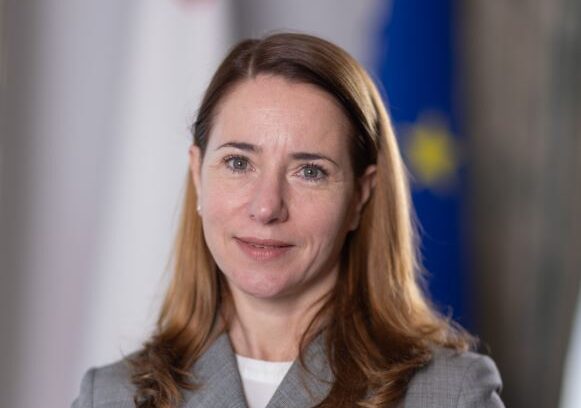The vast majority (84 per cent) of Malta’s leading CEOs believe in the value of business lunches, noting that they serve as great networking opportunities.
Physical meetings were practically halted altogether during the COVID-19 pandemic, limiting business leaders to conducting meetings online. While some saw this as an opportunity to get more things done in a quicker manner, others were left deprived of the physical interactions that become so crucial when doing business.
These include business lunches, which can be valuable tools for building relationships and conducting business in a more relaxed setting than the office.
While these became very rare during the pandemic, they are now making a comeback.

In fact, as part of a series of quick-fire questions first published in MaltaCEOs 2024’s print edition, 50 of Malta’s top business leaders were asked whether they believe in business lunches, and 84 per cent said that they do.
These executives pointed towards more effective networking and positive decision-making as two of the key benefits that emerge from business lunches.
“They are a great place away from the office to share ideas comfortably,” Malta Business Registry (MBR) CEO Geraldine Spiteri Lucas said.

CyberSift Ltd CEO Brian Zarb Adami remarked that “breaking bread together is effective in business.”
“Yes [I believe in them], as sometimes, leaving the office environment helps,” Ruben Curmi, CEO at Harbour Solutions, commented.
It is important to highlight that business lunches are not the same as going out to eat with colleagues.

Business lunches, often taking place in a restaurant, tend to be with other people from another organisation, with discussions revolving around business matters, such as a sale, agreement, or understanding. This is completely different from socialising with colleagues as part of a night out.
Moving a business meeting to a restaurant for lunch helps alleviate pressure for all parties, as the more informal setting allows pitches to be more easily delivered and listening is more enjoyable when having a delicious meal.
Additionally, people tend to set aside more time for a business lunch than they do for a normal meeting, hence allowing the individuals more time to talk.
However, their increased duration also serves as one of the key disadvantages for business leaders.

Indeed, out of the 42 that said yes [they believe in business lunches], there were three that remarked that while they do so, they also struggle to find the time for them.
Business lunches have their drawbacks, particularly given that certain team members may prefer to get a break for lunch. In addition to this, trying to balance eating a meal and discussing business matters professionally can be a challenge for even the most experienced executives.

Five respondents, representing 10 per cent of the total sample size, stated that they do not think business lunches are all that great.
David Power, CEO at BNF Bank plc, said that he tends to be less productive after lunch.
WFDM Ltd Founder and Managing Director (MD) Mantvydas Matthew Narusevicius remarked that he believes that one either talks or eats.

There were three others (six per cent of total respondents) who felt that the effectiveness of networking meals depends on the time of day, with business breakfasts proving more suitable to the workday.
“I prefer a business breakfast, so as not to disrupt the day,” Business First CEO Marika Tonna said.
What is your take on this? Do you opt for business lunches?
Malta team is RS2’s ‘technological engine’ says CEO amid Visa USA partnership
Radi El Haj spoke to MaltaCEO.mt about RS2’s recent collaboration with Visa USA Inc.
7 ways self-awareness can instantly improve your presentation skills
The path to presentation excellence begins with self-awareness.
Alison Micallef appointed CEO at Malta Development Bank
She steps into the new role effective immediately.
Impact beyond profit: CSR in Malta is a must in 2025
Nowadays, corporate social responsibility can no longer take a backseat in your business's vision.









